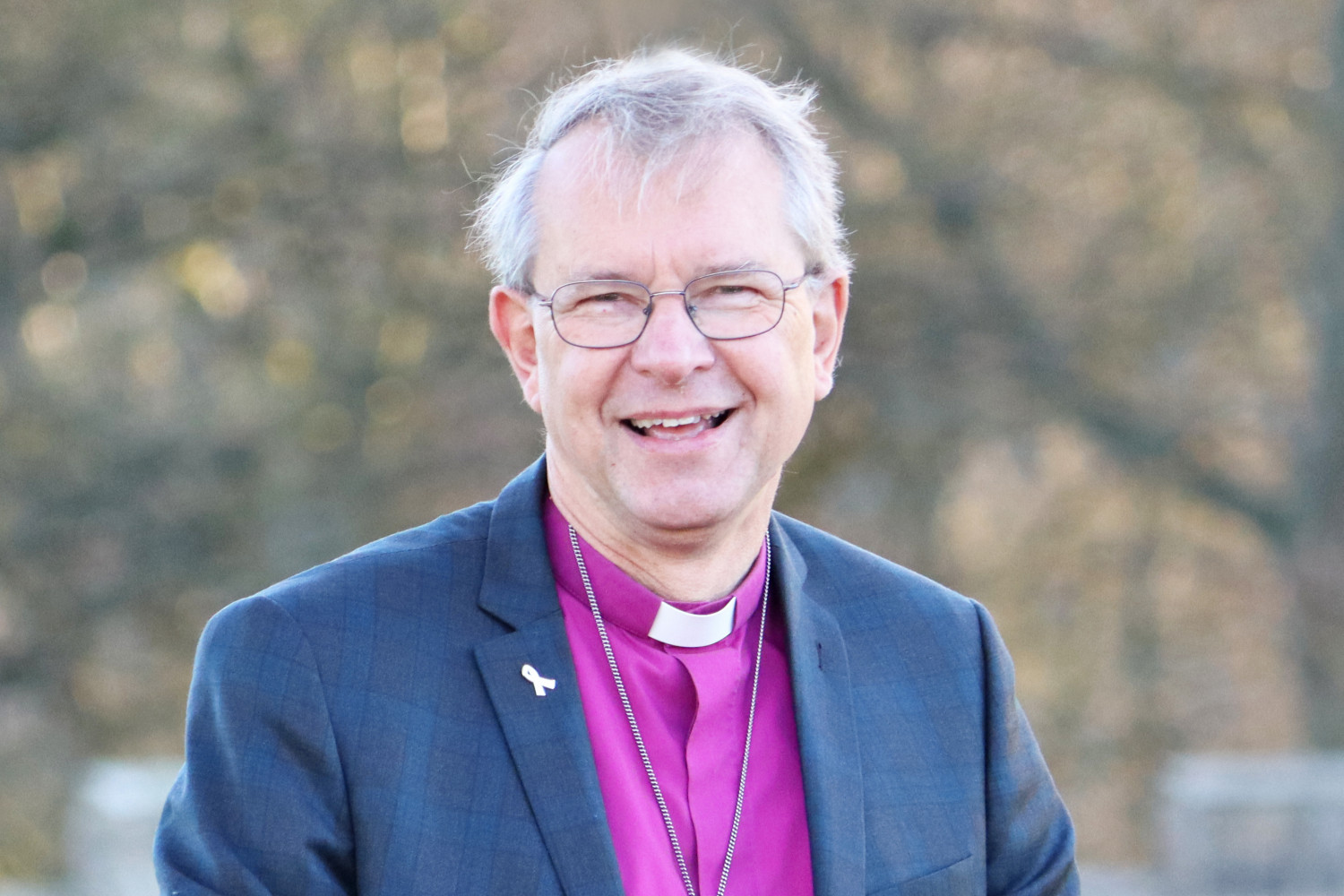London, (Parliament Politics Magazine) – The two-child limit to Universal Credit was established in 2017, and limits the support a claimant of the benefit can receive to their first two children only. In tabling my Private Members’ Bill, and writing this article, I stand on the large amounts of research and consensus about the impacts of this policy. Its unworkability is not news, and in its five years, I and many others have watched with growing concern, even horror, as the limit’s projected impacts have been realised.
There are many reasons why the two-child limit is problematic, but the contradiction of a value that is intrinsic to so many of us – that every child is equally valuable – is the most significant. I speak from a place of Christian faith, but this is a value that spans faith and belief. The contradiction of it is unpalatable, and bizarrely incongruous, as the underpinning of a social security policy that should be a safety net.
The government have stated that their aim for the policy is to allow families receiving benefits to have the same financial considerations about whether to have a child as other families who are supporting themselves solely through work. This aim makes many assumptions, including that being either in or out of work is a dichotomy, when in fact the majority of families subject to the limit are in work. The very purpose of the social security system is to support those facing the unpredictability of life, including working families. Another aim of the two child limit is of course money saving for the government by giving financial support for the first two children in families only.
In their impact assessment, the Department for Work and Pensions acknowledged that families may, as a result of the policy, choose not to have children that they otherwise would have. A paper published this year by Mary Reader, Jonathan Portes, and Ruth Patrick as part of the Benefit Changes and Larger Families Project showed that the policy has not had significant impacts on fertility, contrary to the government’s prediction. If families are in fact still having the same number of children as they would have if they were not subject to the limit, then the government’s stated aim of the policy is not being achieved. If families are still having the same number of children, then the only financial saving for the government has been in restricting support payments to families. As the report mentioned above notes, this inevitably means that the primary outcome of the policy is increasing and deepening poverty in larger families.
There is overwhelming evidence that clearly shows the increasing and deepening of poverty. In the three years after the two-child limit was introduced, the number of children in poverty (after housing costs) in larger families increased by 370,000 while the number of children in smaller families (one or two children) fell by 190,000. In the three years after the two-child limit was introduced, the number of children in larger families in deep poverty rose by 50 per cent – from 860,000 to 1.3 million. It is deeply troubling that this could be the result of a government policy. There are also disproportionate impacts for women, who are far more likely to be in single parent households, and some ethnic minority and religious groups who are more likely to have larger families.
In the grips of the cost of living crisis, we are hearing regularly about struggling families, but the hardship faced by larger families, and the experience of children as a result, is more entrenched than can be grouped with the cost of living. The current crisis makes it all the more important that a step forward is taken for families and the limit is scrapped. There can be no hope of ending poverty or levelling up without this.
The Universal Credit (Removal of the Two Child Limit) Bill seeks to remove the limit, and the bill has its second reading on Friday 8th July in the House of Lords.
Paul Butler, the Lord Bishop of Durham has been a member of the House of Lords since 2014, and has campaigned against the two-child limit since its inception. He also works on migration and asylum issues, and holds the brief for the Lords Spiritual on education.


